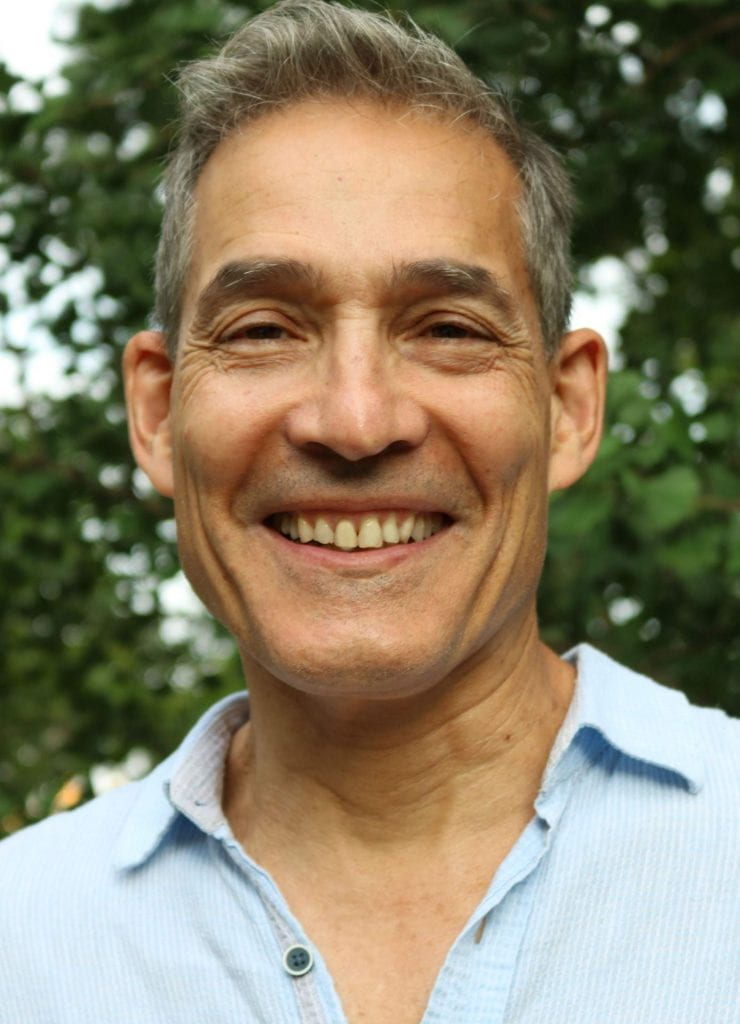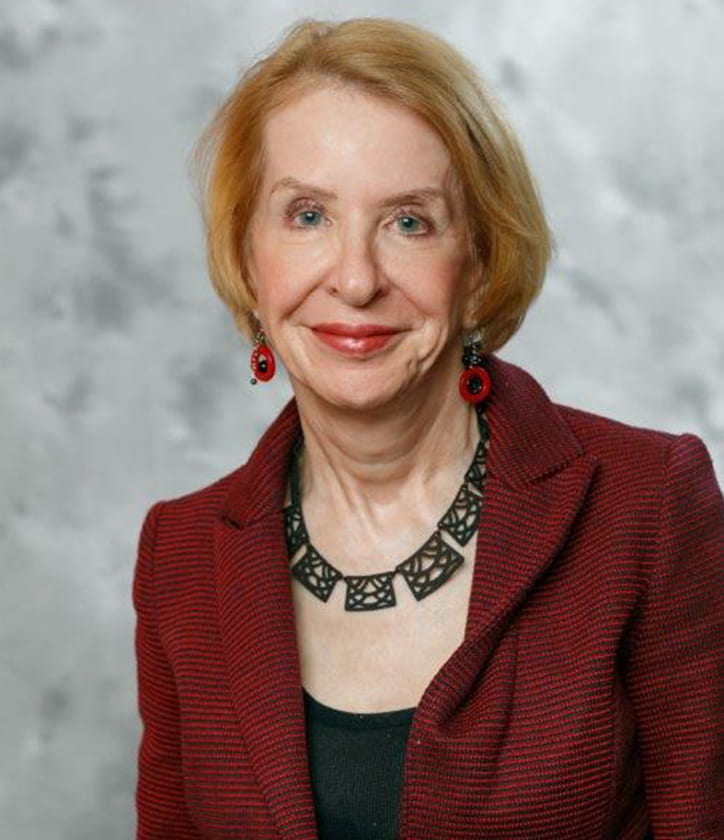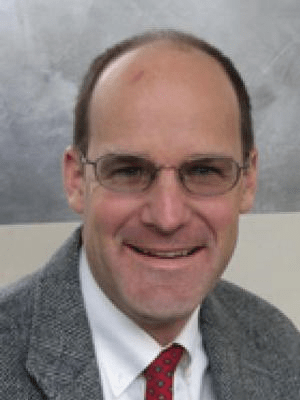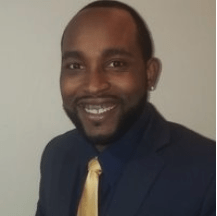Our Collaborators
A professor at Columbia University, Dr. George A. Bonanno, Ph.D., directs the Loss, Trauma, and Emotions Laboratory. He investigates “how humans cope with loss, possible trauma, and other forms of extreme life events.” Currently, they are studying resilience in the face of potential trauma and the role personal characteristics, emotional flexibility, and coping ability play in the impact of life events. If you would like to learn more about Dr. Bonanno’s Loss, Trauma, and Emotions Laboratory, click here.
Dr. Lisa Christian, Ph.D.
Dr. Lisa Christian, Ph.D, is the Principal Investigator of the Stress and Health in Pregnancy Research Program, a part of the Institute for Behavioral Medicine Research at The Ohio State University. Dr. Christian and her lab investigate how psychosocial factors affect health during pregnancy and postpartum. Using psychoneuroimmunology research models, they examine how stress may increase the risk of negative health outcomes by impacting the immune system. To learn more about Dr. Christian and her lab, click here.
Dr. Lisa Diamond, Ph.D.
A psychology professor at the University of Utah, Dr. Diamond has focused on two particular areas–“the nature and development of affectional bonds and the nature and development of same-sex sexuality.” She takes a psychological and biobehavioral approach to addressing the processes and implications of affectional bonds and sexual orientation. To learn more about her research or the opportunities she has for students, click here.
 Dr. Robert Dantzer, DVM, Ph.D.
Dr. Robert Dantzer, DVM, Ph.D.
Dr. Dantzer is a professor in the Department of Symptom Research, Division of Internal Medicine at The University of Texas MD Anderson Cancer Center in Houston, TX. He has focused on the bidirectional interactions between the behavioral and neuroendocrine responses to stress. Along with Drs. Annemieke Kavelaars and Cobi Heijnen, he founded the Neuroimmunology Laboratory as a new basic science lab within the Department of Symptom Research. The lab extends the department’s ongoing descriptive research and intervention trials in animal models of pain, fatigue, neuropathy and cognitive impairment. To learn more about Dr. Dantzer, click here.
Micki Fine, M.Ed., L.P.C
Micki Fine, M.Ed., L.P.C. is the founder of Mindful Living and has been in private psychotherapy practice, specializing in the treatment of depression, anxiety and chronic pain since 1990. She is the author of The Need to Please: Mindfulness Skills to Gain Freedom from People Pleasing & Approval Seeking. She has taught Mindfulness-Based Stress Reduction since 1994 and is credentialed as a Certified Mindfulness Teacher from the University of Massachusetts Medical Center. To read more about Micki’s philosophy and style and articles written by or about Micki, please click the embedded links.
Dr. Cobi J. Heijnen, Ph.D.
Dr. Heijnen is the Department Chair of the Department of Symptom Research at MD Anderson Cancer Center in Houston, TX. She is considered a founding researcher in the area of mesenchymal stem cell (MSC) transplantation as a neuroregenerative treatment for the repair of neonatal hypoxic–ischemic brain damage. Her earlier work on intracellular kinases, inflammatory pain mechanisms, and T cells is now contributing to her group’s efforts to study chemotherapy-induced and inflammatory pain. For more information on Dr. Heijnen, click here.
Dr. Annemieke Kavelaars, PhD, MS
A Professor in the Department of Symptom Research at MD Anderson Cancer Center, Dr. Kavelaars has worked extensively with experimental animal models of pain and of acute and chronic inflammatory diseases. The main focus of Dr. Kavelaars’ work in the pain field is on mechanisms underlying the transition from acute to chronic pain. Her group is identifying novel targets for treatment and investigating the contribution of the immune system to recovery from pain. If you would like to learn more about Dr. Kavelaars’ work, click here.
Dr. Janice Kiecolt-Glaser, Ph.D.
Dr. Kiecolt-Glaser is the director of the Institute for Behavioral Medicine Research at The Ohio State University. Currently appointed as a Professor of Psychology, Psychiatry, and Health Behavior and Health Promotion, Dr. Kiecolt-Glaser is expert in the field of biobehavioral research with over 250 publications. Working in the area of psychoneuroimmunology, Dr. Kiecolt-Glaser has demonstrated the negative effects of stress on health outcomes such as wound healing and vaccine responses. If you would like more information about Dr. Kiecolt-Glaser or the work she does, click here.
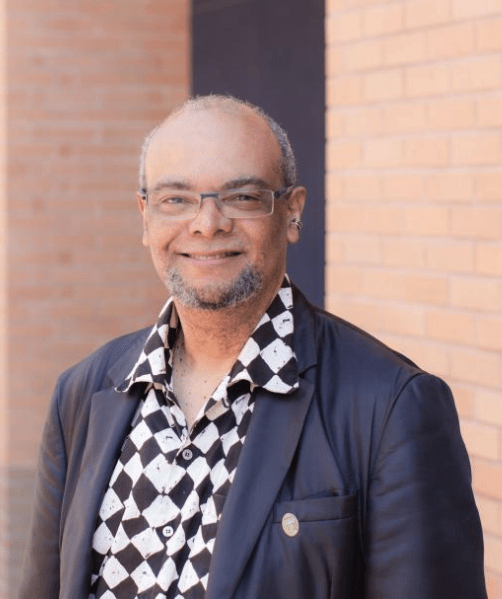
Dr. Julian F. Thayer, Ph.D.
A distinguished professor of psychological science at University of California, Irvine, Dr. Thayer studies health psychology, heart rate variability, health disparities, emotions, stress, and neuroimaging research. You can read more about him and his contributions to the field of psychophysiology and emotion here:
A psychology professor at the University of Utah, Dr. Uchino focuses on social psychology and health psychology. Specifically, he examines how social relationships affect long-term health outcomes such as cardiovascular reactivity during stress and blood pressure. If you would like more information about the research Dr. Uchino conducts at the University of Utah, click here.
Dr. Baldwin Way, Ph.D.
An associate member of the Institute for Behavioral Medicine Research at the Ohio State University, Dr. Way investigates the specific chemical, neural, and psychological pathways by which social relationships affect health and health outcomes. Stemming from the social sensitivity theory, Dr. Way hopes to provide insight into the social variables that activate health pathways such as the immune system and HPA axis. For more information on Dr. Way, click here.
Dr. Dewayne P. Williams, Ph.D.
An assistant professor in the Department of Psychological Sciences at University of California, Irvine, Dr. Dewayne studies health psychology with a focus on psychophysiological mechanisms underlying inhibition and how deficits in self-regulatory abilities impact mental and physical well-being. He also studies how ethnic differences in psychophysiology may contribute to health disparities found between African and European Americans.
